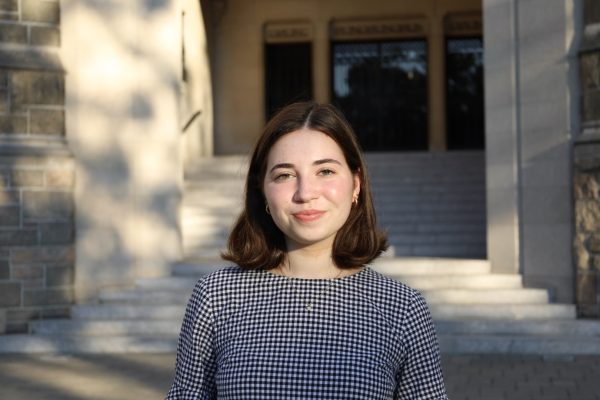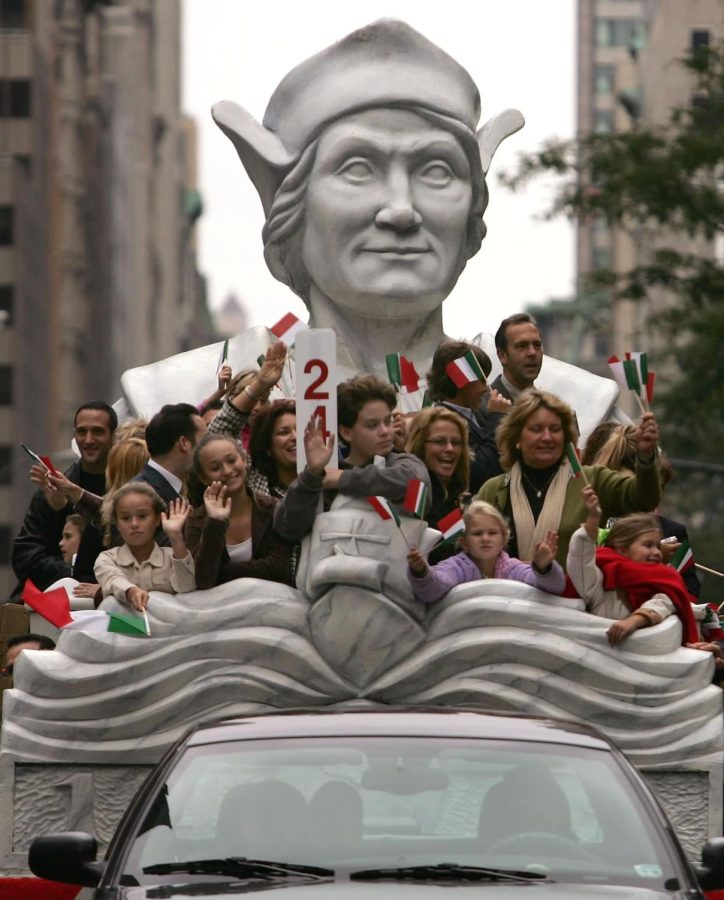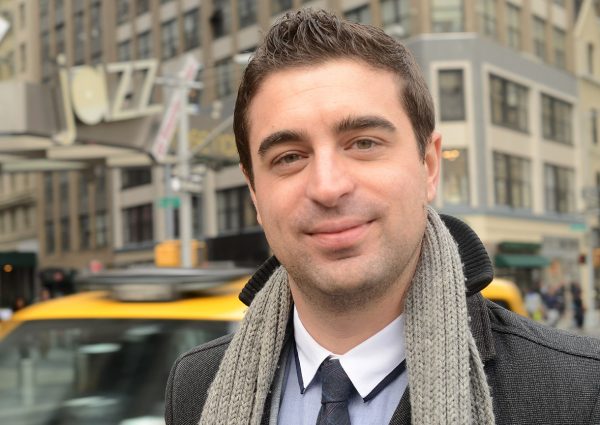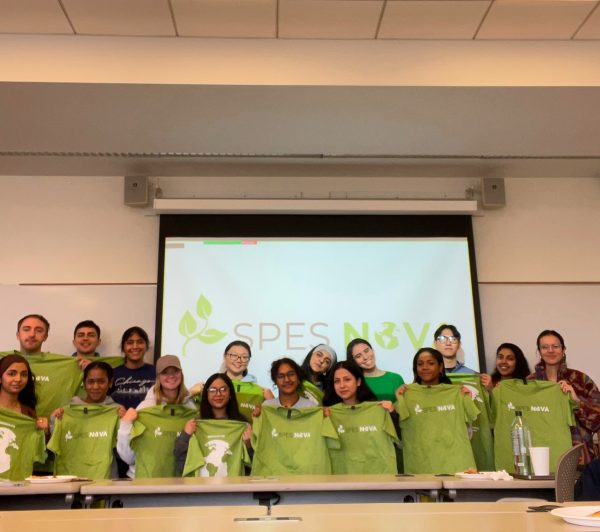Is Columbus Day Day Still Important for Italian-American Heritage?
Christopher Columbus is a source of pride for many Italian Americans. They view Columbus Day as a day of celebration of Columbus’s accomplishments as an explorer, as well as their Italian history and culture. While the holiday has been widely accepted by many Italian Americans, there has been a push to abolish the holiday amid controversy surrounding Christopher Columbus’ ties with colonialism and abuse of Indigenous people.
This debate remains prevalent in American culture. Fordham students who identify as Italian American weighed in with their views on the holiday.
“Columbus Day has never been particularly important to me,” said Michael Murphy, FCRH ’22. “I’ve never really ‘celebrated it’ so to speak, aside from the customary lesson about Christopher [Columbus] I had in elementary school … When I was in high school and the idea was first introduced to me that Columbus was a less admirable historical figure, I began to feel much more uneasy about acknowledging the day.”
While Victoria Fox, FCRH ’25, finds pride in her Italian heritage, she also recognizes the controversy of the holiday. “I think Columbus Day is an important day, as it marks the date our country was discovered,” said Fox. “With that, I am aware of the negative and offensive connotations it holds, thus I don’t think it should be a holiday to be celebrated.”
For many Italian-Americans, Columbus Day is not just a celebration of the explorer, but a celebration of ideals. Kathleen LaPenta Long, Ph.D., a senior lecturer of Italian at Fordham, summarized Columbus Day’s historical significance for Italian Americans. “When Italian immigrants arrived in the U.S., they were often mistreated and experienced discrimination based on the notion that they were ‘not quite white.’ Columbus became a symbol of an illustrious Italian heritage that ‘proved’ the dignity of their ‘race.’”
For a group facing discrimination, promoting Columbus’ origins as an Italian bridged the divide between Italian immigrants and the rest of the nation.
On the other hand, Fordham’s United Student Government is currently working on a proposal to have the university change its recognition of the holiday and celebrate the date as Indigenous Peoples’ Day instead., according to Long.
Murphy said he supports the university’s push to rename the holiday. “I think that Columbus Day was never critical to the culture of America and the Italian American identity to begin with, and I think that it is only right that … we instead choose to celebrate a day that recognizes the truth of the continents on which we live.”
Similarly, Fox expressed her hope that the holiday’s name change will facilitate important conversations. “I support the efforts of trying to get the name of the holiday changed as I think it would have many positive effects … With this change, I think more conversations would be sparked about the negative parts of history, thus more people would be properly educated.”
Fordham is not the only educational institution working to rename the holiday from Columbus Day to Indigenous Peoples’ Day. Last spring, New York City’s Department of Education announced Columbus Day would not be considered a holiday, starting in the fall of 2021, according to CBS New York.
When the calendar was initially released, Oct. 11 was referred to exclusively as Indigenous Peoples’ Day. Councilmen Joe Borelli and Steve Maeto and U.S. Rep. Nicole Malliotakis reprimanded the decision, stating that the decision “came as a shock to parents.” Both councilmen and the representative agreed that, while there is nothing wrong with celebrating Indigenous Peoples’ Day, fault lies in celebration at the expense of a day that celebrates Italian American culture.
However, amid criticism from politicians and parents, New York City public schools renamed the holiday Italian Heritage Day/Indigenous Peoples’ Day. The holiday’s new name recognizes Italian accomplishments while simultaneously acknowledging that Native Americans were the first inhabitants of the land. New York City is home to over 2.6 million Italian Americans, the largest ethnic group in the New York metro area.
LaPenta noted the numerous statues around New York City erected to celebrate Italian heritage. “In the 1930s and during the era of fasscism, Carlo Barsotti, an Italian immigrant who was a fascist sympathizer and who founded the Italian language daily, ‘Il progresso italiano,’ commissioned several statues around New York City to celebrate this illustrious heritage; the Columbus statue at Columbus Circle, as well as statues of figures like Dante, Giuseppe Verdi, Giuseppe Mazzini and several others date back to Barsotti’s campaign to elevate the social status of Italian Americans.”
While it remains uncertain whether the controversy surrounding Columbus Day will ever reach a consensus, the cultural conversation surrounding the public’s perception of Columbus and his relations with Indigenous people is changing.

Sofia Donohue is a senior from Kensington, Md., who is majoring in English with a double minor in history and Italian. She first joined the Ram as a digital...











































































































































































































